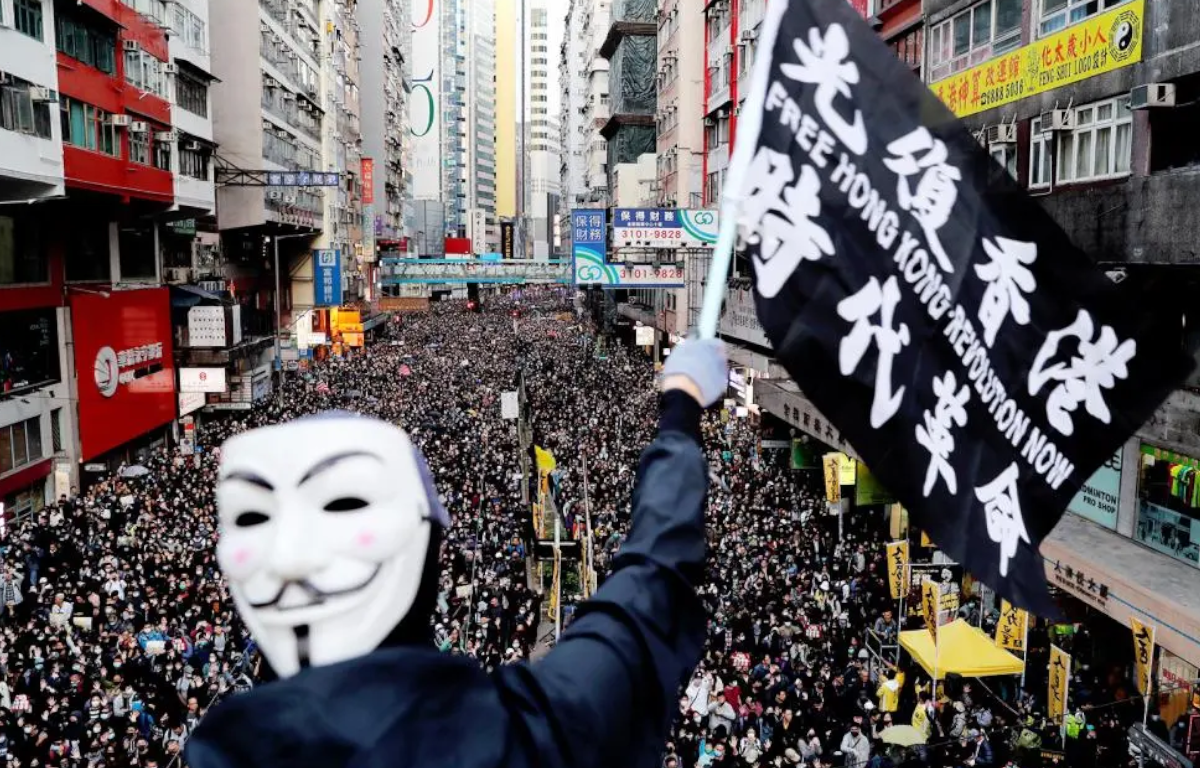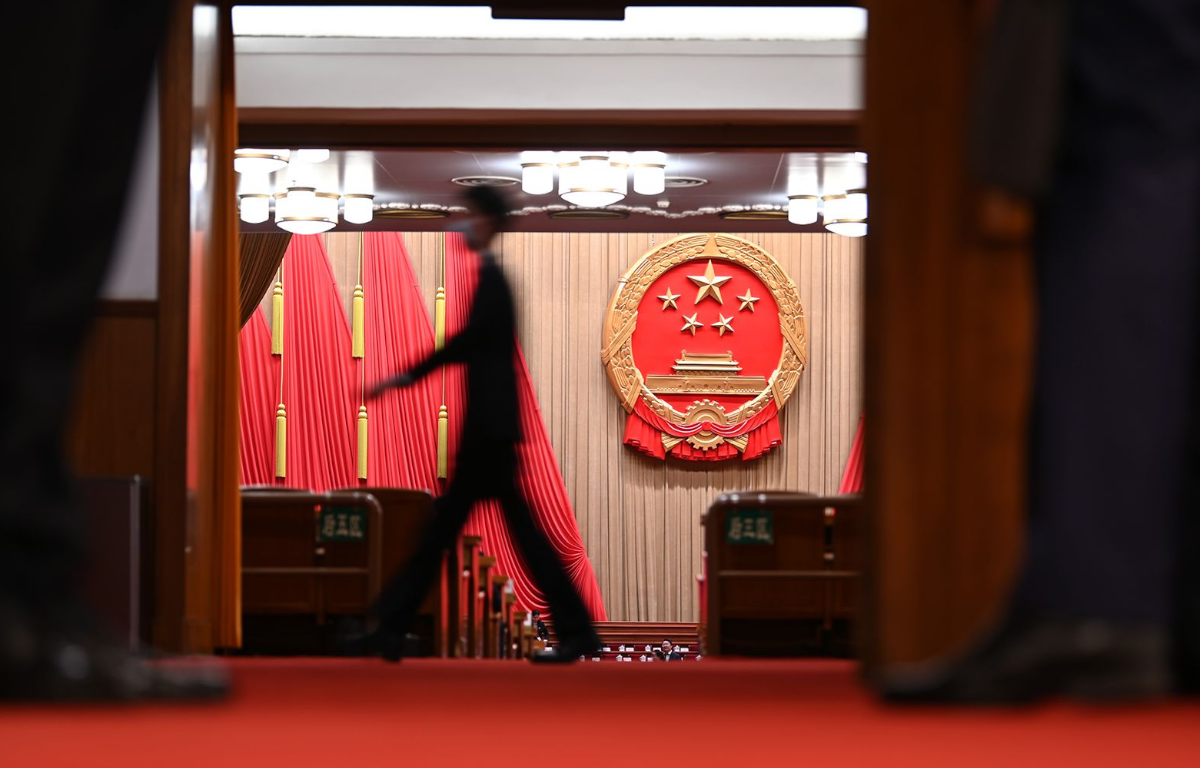
“The Early History of the Mongolian People,” authored by historian Dr. Li Wei, is at the center of this controversy. The book presents a scholarly examination of the ancient history of the Mongolian people, drawing from archaeological findings, historical texts, and academic research to provide a comprehensive account of their early civilization.
While the Chinese government has not issued an official statement explaining the ban, several factors are believed to have contributed to this decision. Historically, the early history of the Mongolian people has been a sensitive topic for China due to their historical interactions with Mongolian empires, such as the Yuan Dynasty led by Kublai Khan. Furthermore, the presence of a significant Mongolian minority, particularly in the Inner Mongolia Autonomous Region, adds an element of ethnic tension that the government may wish to avoid. Lastly, the Chinese government exercises strict control over historical narratives, particularly those related to minority groups, which can result in censorship when research deviates from official narratives.
Beyond the immediate implications, this ban raises concerns about academic freedom. Historians argue that suppressing historical research restricts our understanding of the past and hampers efforts to foster cultural understanding and collaboration between different ethnic groups. It also sets a precedent for future censorship, potentially discouraging historians from researching sensitive topics, ultimately stifling intellectual progress.
Additionally, the ban has broader cultural and political ramifications. It highlights the tension between the Chinese government’s efforts to assimilate ethnic minorities into Han Chinese culture and the preservation of their distinct cultural identities. The Mongolian culture, language, and history are integral to the identity of Mongolian people, and any suppression of their history can be seen as an infringement on their cultural rights.
Furthermore, this ban raises questions about China’s commitment to freedom of expression. Critics argue that a healthy society should encourage open discourse and debate, even on topics that may be uncomfortable or sensitive. Restricting the publication of a historical work undermines these principles and can lead to a controlled narrative that stifles diversity of thought.
The ban on “The Early History of the Mongolian People” extends beyond academic research; it reflects the intricate dynamics between China and its ethnic minorities. It underscores the importance of upholding academic freedom and promoting cultural understanding in a diverse society. This controversy reminds us of the challenges inherent in navigating the intersection of history, politics, and cultural identity in a rapidly changing world.










Share this: